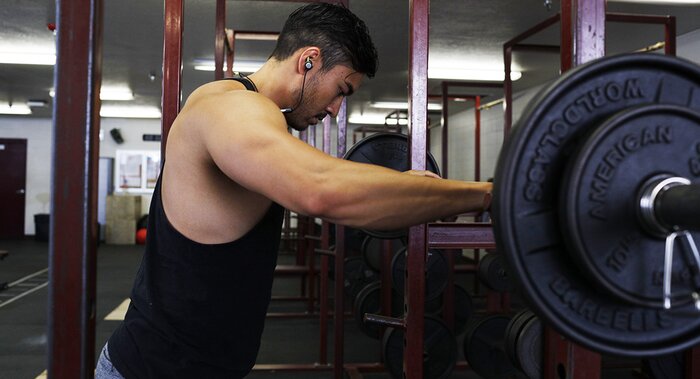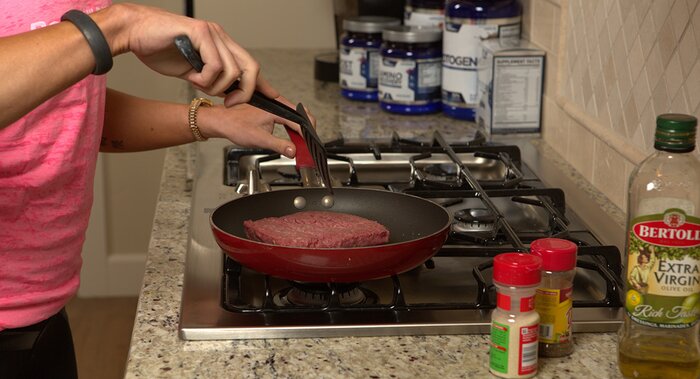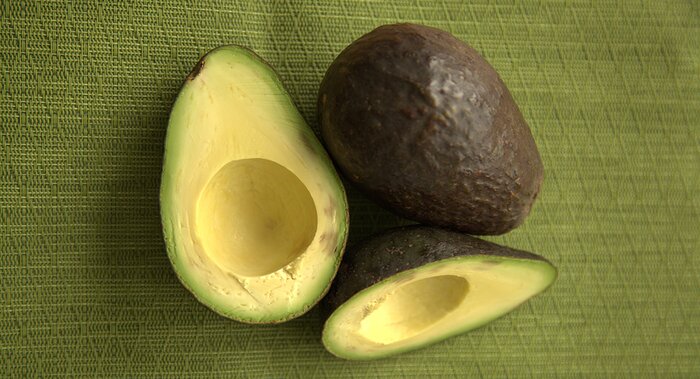How Keto Works | Keto Meal Plan | Keto for Weight Loss | Keto for Muscle Gain | Keto Mistakes & Side Effects | Best Keto Supplements
The keto diet is becoming the ultimate "love it or hate it" diet in fitness. Its advocates rave about fat melting away from their physiques, skyrocketing energy levels, increased mental clarity, and a wide range of health benefits that scientists are only now starting to investigate more deeply. Its critics ask, is keto safe? Is it healthy? Is it bad for you?
The truth is that keto is like any other diet: It can safely be done right, but it can also be done dead wrong. And surprisingly, the culprit isn't always just "eating too many carbs."
Here are the five keto mistakes you need to avoid to prevent the most prominent side effects of the ketogenic diet, like headaches, dizziness, fatigue, constipation, and nausea.
1. Getting Impatient with Adaptation
Before you jump into keto, you have to understand something: You've been running on carbohydrates your entire life. Now you're asking your body to completely switch metabolisms and start using fat for energy instead of carbs.
As Parker Hyde pointed out in the article, "Ketogenic Diet: Your Complete Meal Plan and Supplement Guide," becoming fat-adapted is a process of weeks, not just days. Most people need 3-4 weeks of strict ketogenic dieting to reach peak fat-burning adaptation. Other people need months. That means following strict macros with no cheating—no beer, no crackers, no sugar.
Some headaches and fatigue may be inevitable along the way. Stick with it, follow the diet to the letter, and give this plan a fighting chance before you bail.

2. Not Getting Enough Fat
The best way to think of keto isn't as a low-carb diet; it's as a super-high-fat diet. Sure, you won't be eating a lot of carbs, but it's essential that you change your mindset from one of "avoid carbs" to simply "get enough fat."
At least 75 percent of the calories in your daily meal plan need to come from fat; that's things like eggs, bacon, sausage, avocado, oils, coconut oils, and butter. You need to seek these things out and look for fat-rich foods you didn't know were keto-friendly.
Remember: Fat is your new energy source. You're not running on carbs anymore. You need fat. If you don't get enough fat, your energy levels will go down and you will end up quitting this diet.
3. Eating Too Much Protein
Different people can handle different amounts of protein once they're truly fat-adapted. But in the early stages, it's better to be safe than sorry. What ends up happening if you consume too much protein on this diet is a process called gluconeogenesis. Essentially, your body is going to treat that protein like carbohydrates and convert it into glucose. That will kick you out of ketosis—and leave you feeling lethargic and awful.
So no, you're not going to be eating piles of chicken. You're not going to be eating can after can of tuna. When you go to the store, buy super fatty foods—the full-fat ground beef, not the ground turkey; the regular bacon instead of the turkey bacon.

4. Not Getting Enough Electrolytes
Electrolytes are important no matter how you eat, but they're absolutely critical on this diet. In fact, I would say they are the number one reason why most people end up failing—and end up feeling the most common side effects of the diet. This is why you'll see electrolytes on lists of the best keto supplements even more often than protein or BCAAs.
If you do not have enough sodium, magnesium, and potassium in your diet, you will experience headaches, fatigue, constipation, lethargy—in other words, all the symptoms of the so-called "keto flu." And you will simply quit.
Why does this happen? For one, insulin happens to be the hormone that tells your kidneys to store sodium. So, when you suppress the insulin, your kidneys begin flushing out the sodium from your body—especially when you work out. It's essential that you replace that sodium by salting your food, eating salty snacks, and, one of my favorite tricks, drinking chicken broth.

I recommend eating 1-2 whole avocados a day, and not just because they're fatty. They're also rich in the electrolyte potassium. Try them in these recipes from the Bodybuilding.com Recipe Database:
- Avocado tuna melt
- Tuna avocado salad
- Turkey avocado skewers
- Egg and turkey stuffed avocado
- Avocado-egg hybrid
5. Eating Hidden Carbs
When only 5 percent of your calories are coming from carbohydrates, there's no room for error! That means you have to watch out for the hidden sugars that are in processed foods.
Food companies have become professionals at hiding carbohydrates in foods. They want you to be addicted to carbs. It's what drives their profits! So, you need to be your own best advocate and become an expert at reading food labels.
When you buy something, see how many carbohydrates are listed in the nutrition facts, but just as importantly, look at the ingredient list to see if you can see any different names for sugars. A few include sucrose, fructose, corn syrup, lactose, barley malt, dextrose, rice syrup, maltose, agave, molasses, cane juice, fruit juice, honey, and malt syrup. These are the big ones, but they're definitely not the only ones. If you have any doubts, don't buy it!
